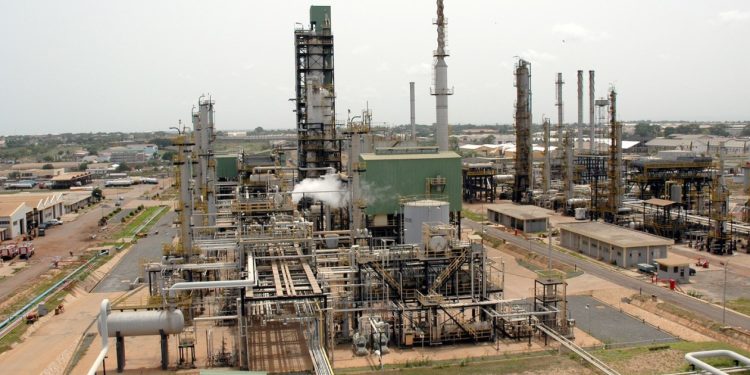CEMSE Advocates Tolling Model as Sustainable Path to Reviving Tema Oil Refinery
The Centre for Environmental Management and Sustainable Energy (CEMSE) has called for a pragmatic, partnership-driven approach to reviving the Tema Oil Refinery (TOR), arguing that a tolling arrangement, rather than an outright sale, presents the most sustainable path to restoring the refinery’s operational and financial viability.
In a statement titled “Direct and Action-Oriented: How a Tolling Deal, Not a Sale, Can Revive Ghana’s Tema Oil Refinery,” the Centre noted that TOR’s recent financial performance — including a reported US$21 million in revenue from terminal operations — demonstrates the refinery’s capacity to generate substantial income when efficiently managed.
CEMSE commended both the former and current boards of TOR for sustaining strategic initiatives that have converted previously idle assets into active revenue streams.
Among these initiatives, the Centre cited a “take-or-pay” storage agreement with Sentuo Oil Refinery, which guarantees TOR an estimated US$2 million monthly income, alongside new revenue lines from loading rack fees, pipeline right-of-way charges, and dividends from the Ghana Petroleum Mooring System (GPMS).
“These measures repositioned TOR as a diversified petroleum logistics hub,” said Benjamin Nsiah, Executive Director of CEMSE, adding that continuity in management strategy has been key to maintaining the refinery’s financial lifeline.
However, CEMSE cautioned that long-term sustainability depends on restarting TOR’s core refining operations under a model that shields the state from crude procurement and market risks.
The organisation maintained that the tolling model — under which private partners supply crude oil and bear market risk while TOR processes it for a fixed fee — provides the most viable solution.
Citing a McKinsey & Company research report, CEMSE explained that tolling arrangements offer refinery owners a “stable, low-risk revenue base,” insulating them from oil price volatility and demand fluctuations.
CEMSE further described the proposed transaction with Netoil Energy Limited, which involves a US$214 million capital investment and a guaranteed US$1.5 per barrel processing fee for at least 12 million barrels annually, as a “lifeline, not a sale.”
“The tolling model transforms TOR’s revenue stream from unpredictable and speculative to guaranteed and sustainable,” Mr Nsiah stated, adding that the arrangement allows the Government of Ghana to retain full ownership of the refinery without assuming fiscal exposure or providing sovereign guarantees.
According to CEMSE, successful implementation of such partnerships could save the country over US$2 billion in foreign exchange during the transaction period, bolster the cedi, enhance national fuel security, and eliminate TOR’s financial burden on the state.
Mr Nsiah urged the current TOR board to consolidate the gains achieved under successive administrations by pursuing smart, de-risked partnerships with credible private investors.
“The future of TOR lies not in political point-scoring or outright divestment but in pragmatic collaboration that safeguards national interests while leveraging global expertise,” he emphasised.







